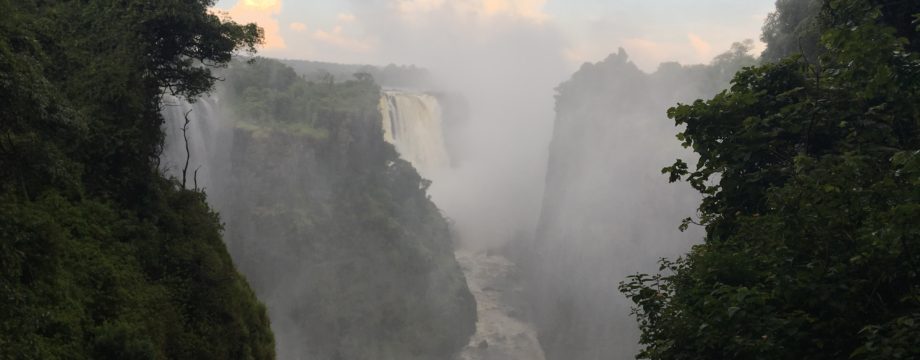This article was originally published on Cache Up NB. It has been mirrored here for archive purposes only.
When I started geocaching in Moncton back in 2006, all I knew was that there was a website where I could download geocache data for my GPS, and go find caches. As time went on, I learned of this company known as Groundspeak. They were the owners and operators of geocaching.com. I never gave it much thought but as time has gone by, I’ve become a lot more familiar with what Groundspeak actually does, vs the hobby of geocaching.
A quick history lesson. I believe in the very early days of geocaching, coordinates and cache listings were just posted to a forum. Then they moved to another website, and eventually came to be maintained by Jeremy Irish. Jeremy decided to form a company around the concept of geocaching and created Groundspeak as the company that would own and operate geocaching.com. Fast forward to today, we have the largest repository of geocache listings all found on Groundspeak’s website.
Now, the interesting thing about Groundspeak is that they technically see themselves as purely a listing service. You own your listings, and everything about them. Groundspeak has no rights to your listings but they have all rights to the website, and have the ability to control what goes on it.
This is where the fine line between what geocaching actually is, and what Groundspeak perpetuates it to be gets drawn. Many folks out there, some on this very website, have a tendency to view the Groundspeak “guidelines” as the hard and fast rules of geocaching. In fact, they have nothing to do with the actual hobby themselves and everything to do with how geocaches are listed on their website. They also provide information about the hobby in general but they do not own geocaching. They own a website and all things related to the website.
I bring all of this up because at the end of the day, whether they are just a listing service or not, they are the ones that have the largest influence in the sport of geocaching. Their guidelines dictate how people publish caches and how they interact with geocaches. Because of this, I do think Groundspeak has a responsibility to the geocaching community to build on the things we want. The problem is that, they are a for-profit company and need to make money.
This is where things get a little difficult. People have plenty of ideas about geocaching and would love to see Groundspeak explore them. The problem is, now that they have become a lot more popular, they must find a way to meet the needs and wants of the people who play this game, and those which will make the company money. I mean, the reality is, if you’re in business, you’re in it to pay your bills and make money. That’s what businesses do. Businesses don’t survive by doing everything everyone else wants them to do without paying attention to what will actually sustain the business.
Like every other business, Groundspeak has employees that get paid and in order for those people to continue to get paid, Groundspeak needs to keep it’s business open and profitable. Otherwise, it goes under, and for us, we lose everything.
So how does a company continue to make good money, while still providing a quality service that us geocachers can enjoy? That’s a real hard thing to do. With millions of geocachers worldwide, and every one of them with their own opinion on what should be done next, it’s virtually impossible for them to pick something to work on and keep everyone happy. If they spend all their time working on mobile apps, people will gripe about the website. If they spend their time on the website, people will gripe about bugs in Wherigo or bugs in the mobile apps. No matter where they put their time, people are going to complain.
Which brings me to my final point. At the end of the day, Groundspeak can try to listen to what the community is saying, but they are going to do what they feel is right and what works best for the community, as well as what makes the most business sense. In some cases, that’s not going to jive with what the community wants.
I was going to say that we haven’t seen much in the way of innovation from Groundspeak lately but I would tend to say that’s not true. They did try, and unfortunately fail, with Challenges. And now it seems that they are trying something else new called Lab Caches. Here is to hoping that as time progresses, we see more innovation that meets what the cacher’s really want, and helps sustain their business. Otherwise, we may all end up giving up on geocaching completely, and turning to something like this.



19 Responses to Groundspeak’s Role in Geocaching